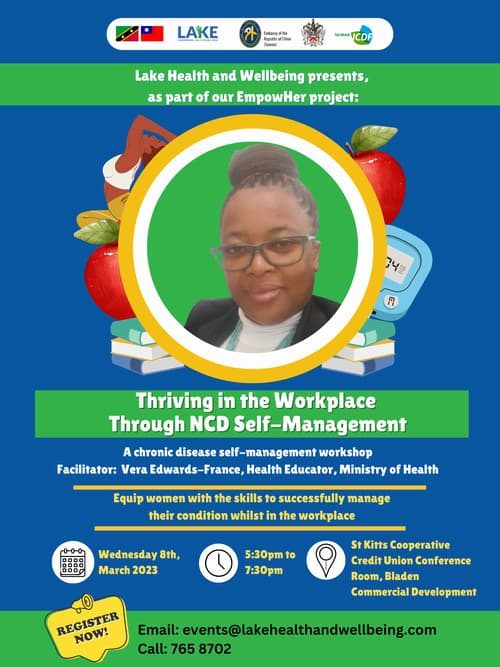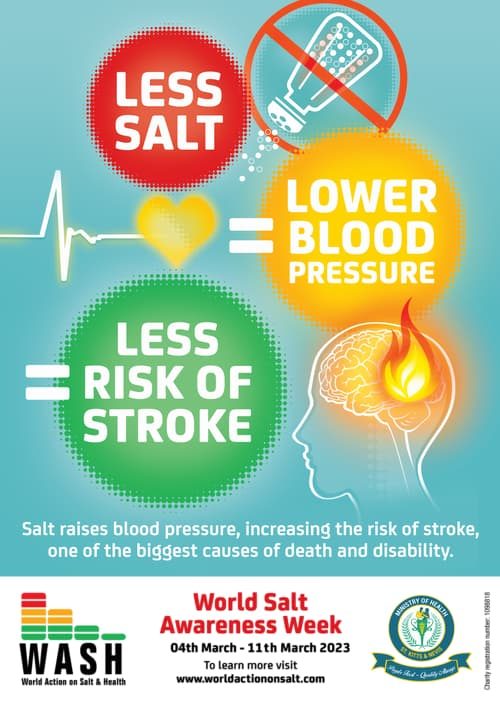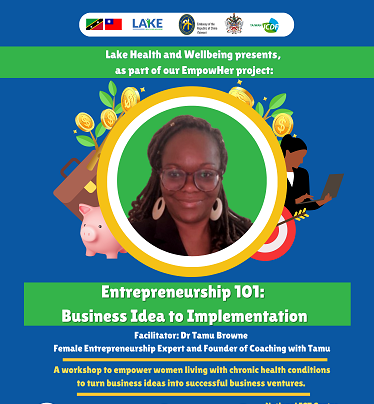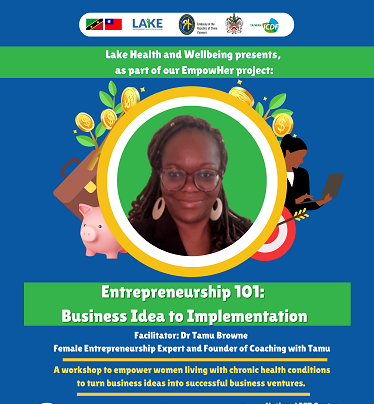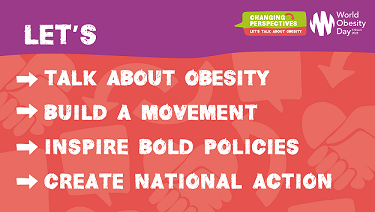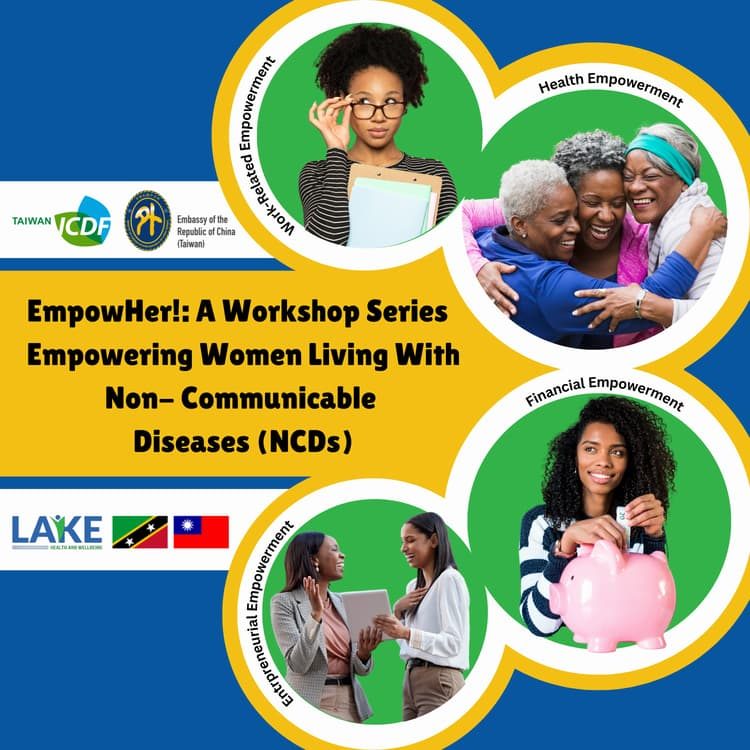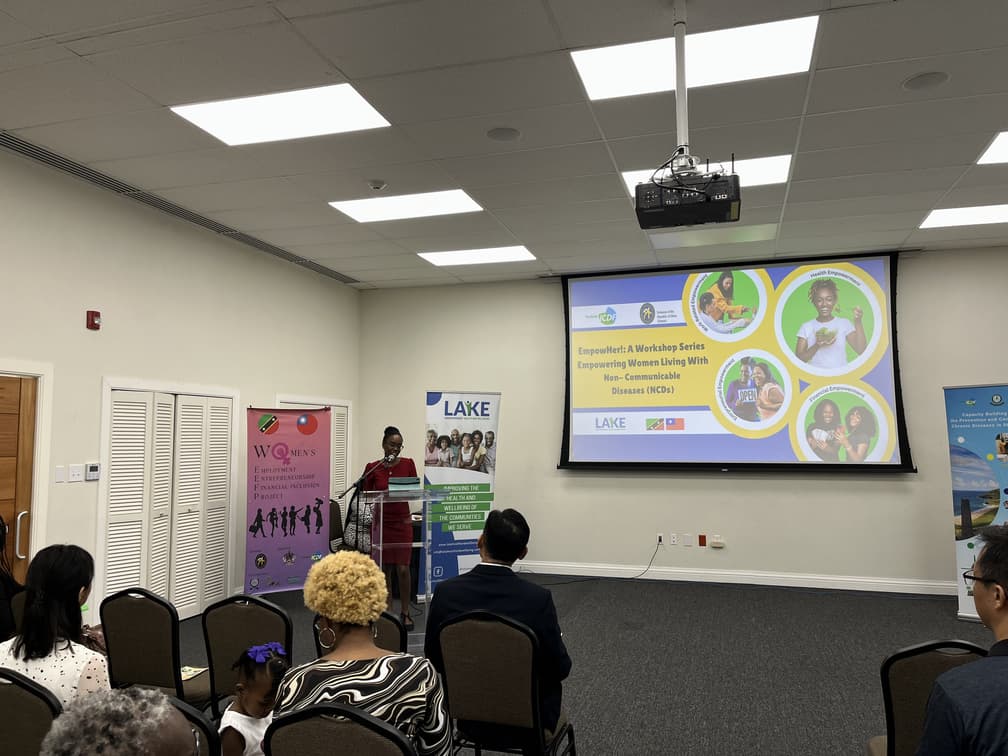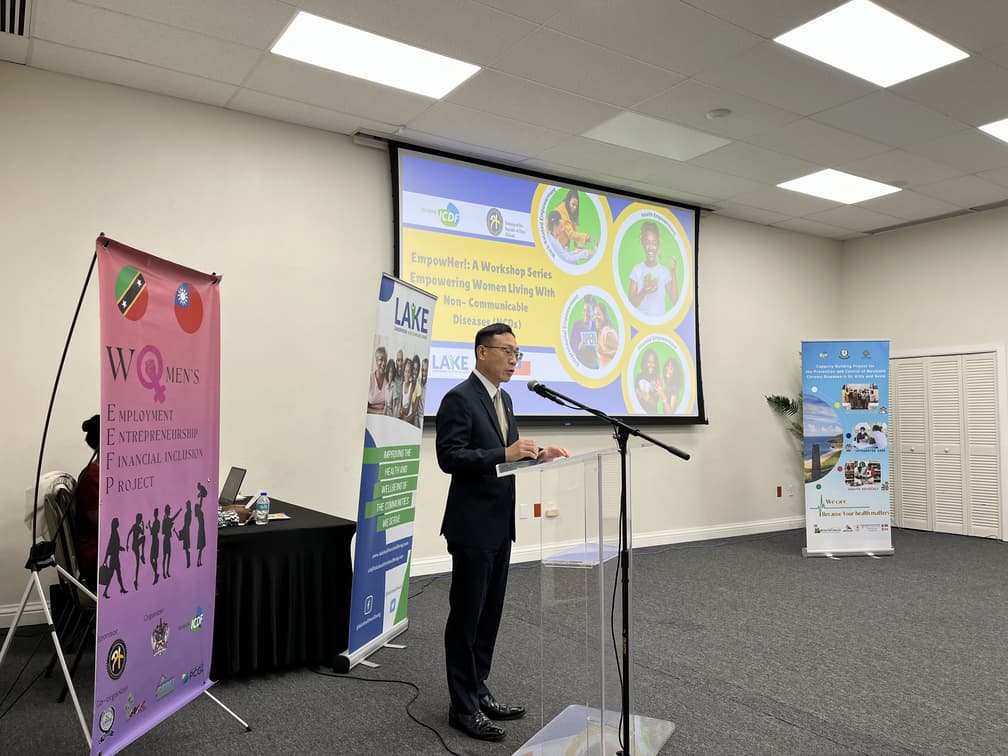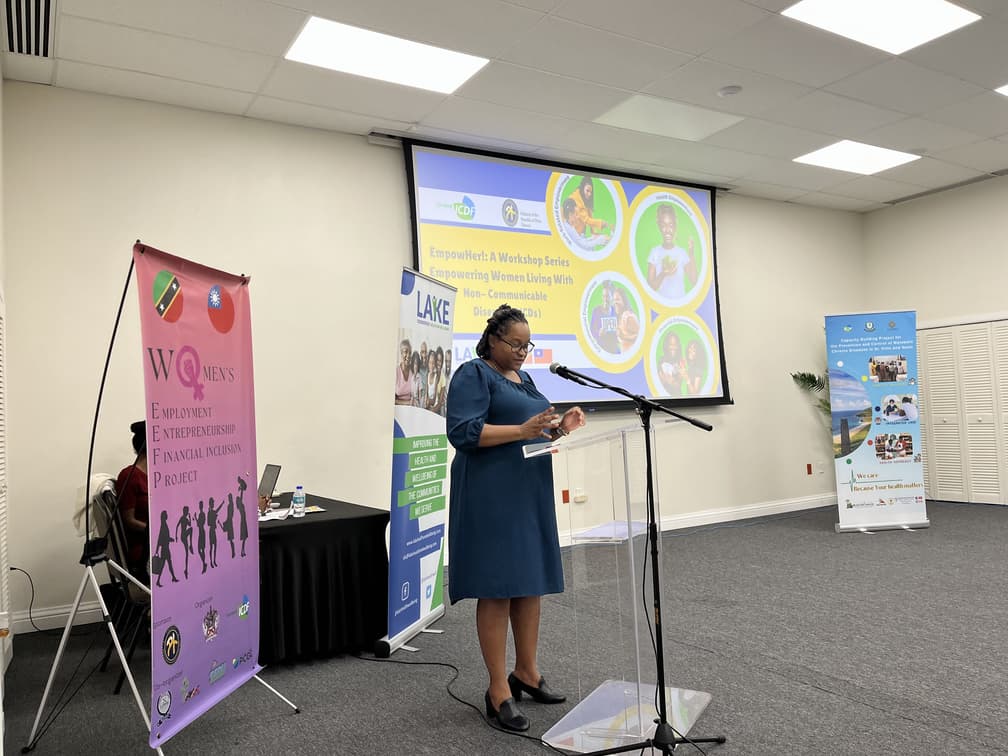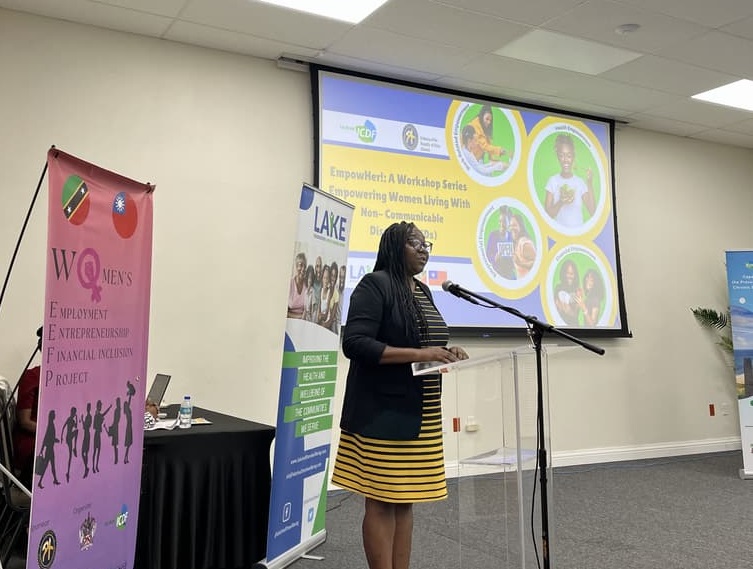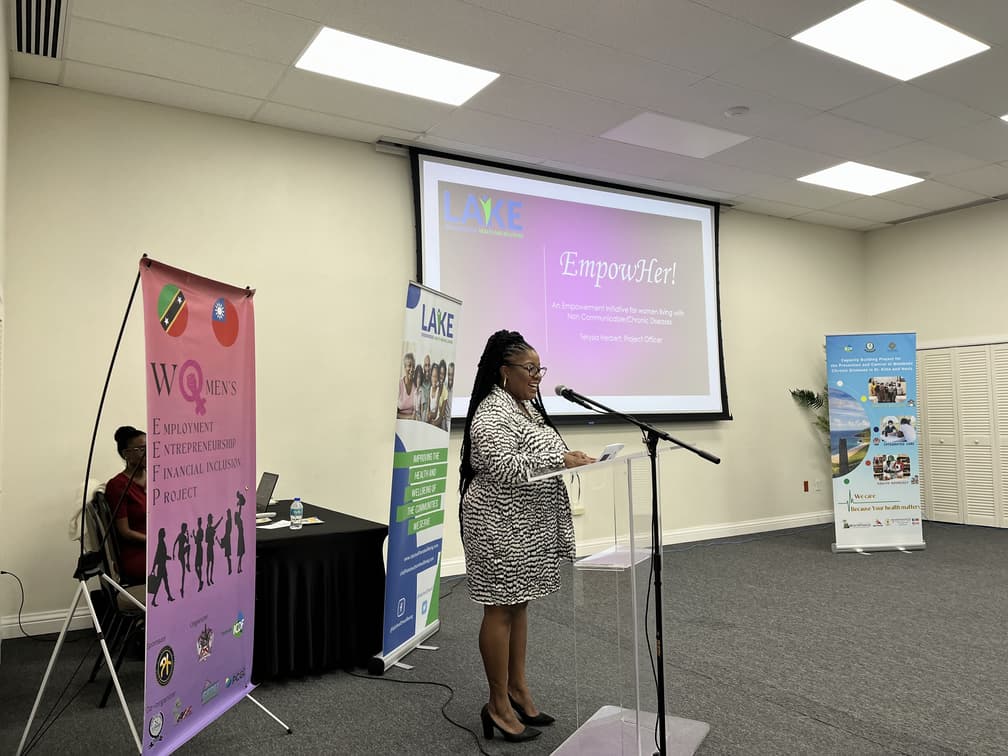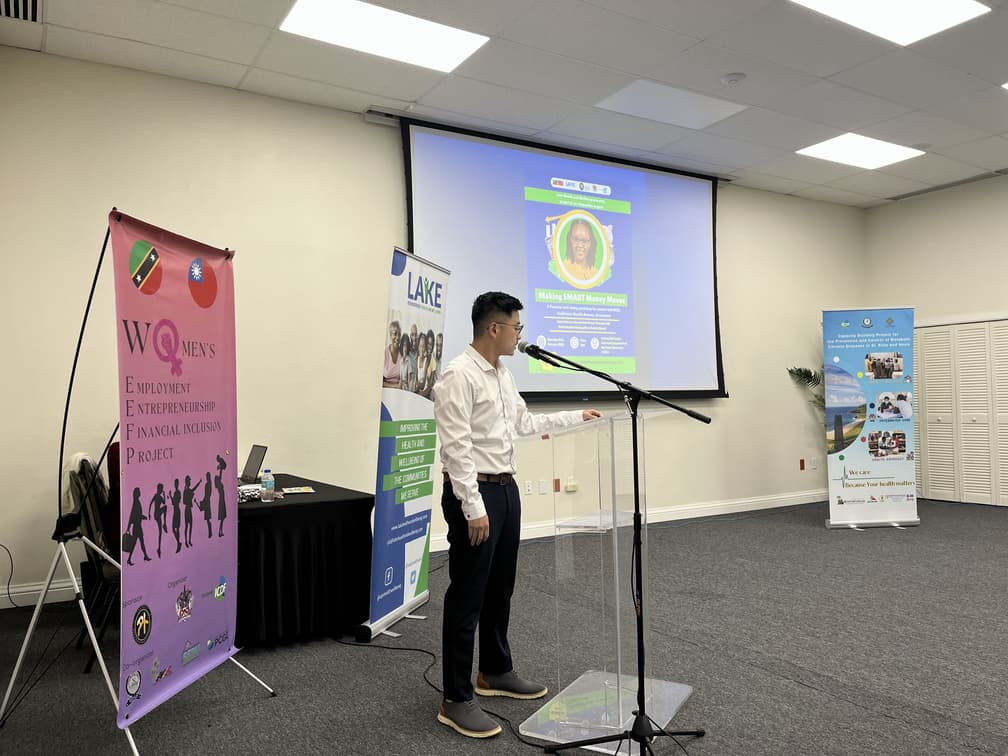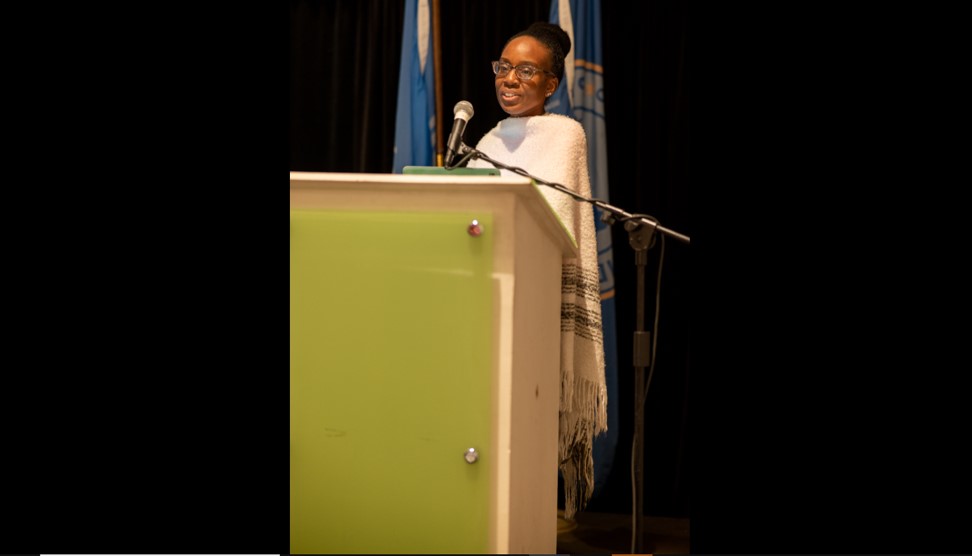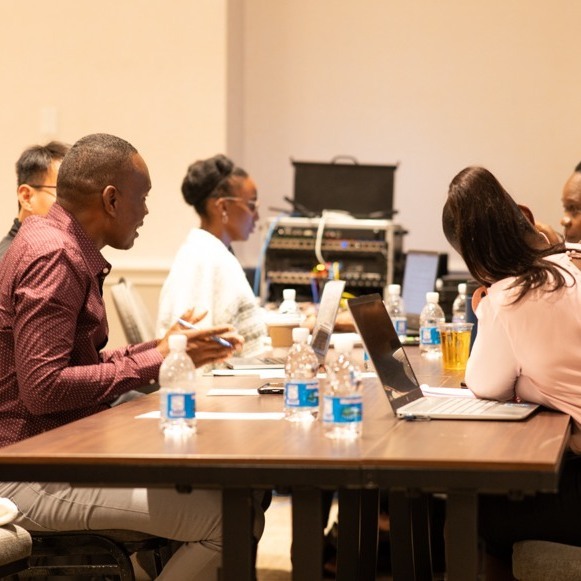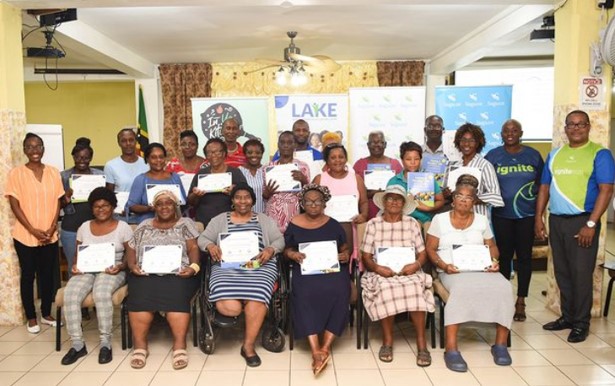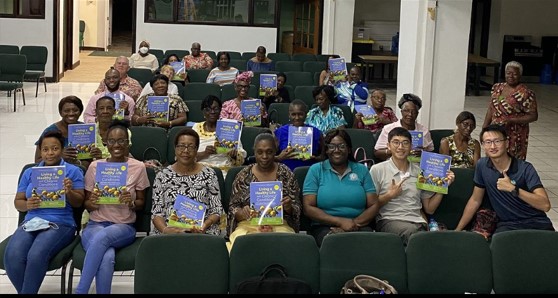Launch of Health Policy Video Series: Addressing the benefits of health levies on St. Kitts – Nevis
To move its You’re Sweet Enough advocacy work into policy, Lake Health and Wellbeing is gearing up to launch an educational video series on health policy change.
The four-part series will be launched in cooperation with the Ministry of Health and medical professionals to increase awareness of the importance and benefits of health policies that the Government of St. Kitts-Nevis can implement to reduce the consumption of sugar-sweetened beverages (SSBs).
Why Health Policy?
It’s no secret that there is an increase in alarming statistics about rising obesity rates and NCDs worldwide. In response to these growing public health concerns, many countries are considering introducing health policies aimed at reducing the public’s exposure to NCD risk factors.
Popular health policies include taxes on unhealthy commodities like sugar- sweetened beverages, tobacco and alcohol. Policies around front-of-package food labeling are also championed to easily indicate to consumers which food products contain unhealthy substances like trans fats and are high in sugar, salt (sodium) and saturated fat.
These implemented measures have reduced the consumption of unhealthy products and the policy of taxation also generates revenue that can be reinvested into prevention programs for NCDs, such as physical activity initiatives or education about healthy eating habits.
A growing number of Caribbean countries are now monitoring these benefits. Countries in the region such as Bermuda, Grenada, Barbados, and Mexico are leading successful case studies of these health policies.
Roll Out of the Reel Series
By working collaboratively with health leaders and the advocacy community, Lake Health and Wellbeing hopes to address local concerns around the effectiveness of policy change and prompt government leaders to drive action toward health policy education, research, and implementation. This series is expected to complement the government’s action plan for preventing non-communicable diseases (NCD) in St. Kitts and Nevis.
The health policy series will focus on Sugar and sweetened beverage taxes and explore four key themes through 60-second reels:
- An overview of health policies with a focus on sugar-sweetened beverage taxation
- The reasons for the implementation of sugar-sweetened beverage taxation on St. Kitts-Nevis.
- The benefits of implementing a sugar-sweetened beverage tax.
- Additional policies that can prompt health/lifestyle habits such as front-of-package warning labels and a school nutrition policy
The educational reels can be viewed on Instagram and Facebook beginning March 20, 2023. New reels will be rolled out on April 3, 17, and May 1.








